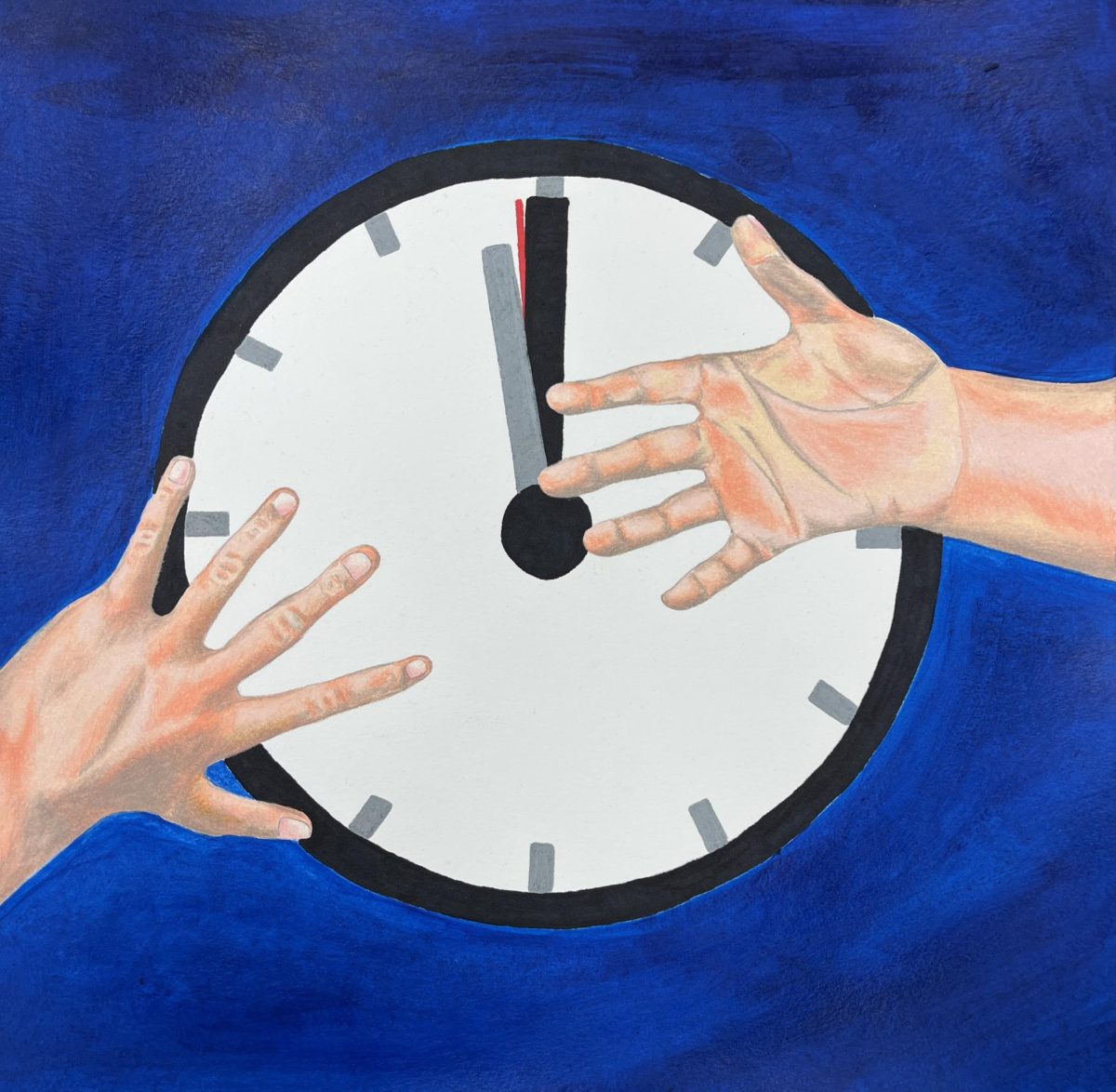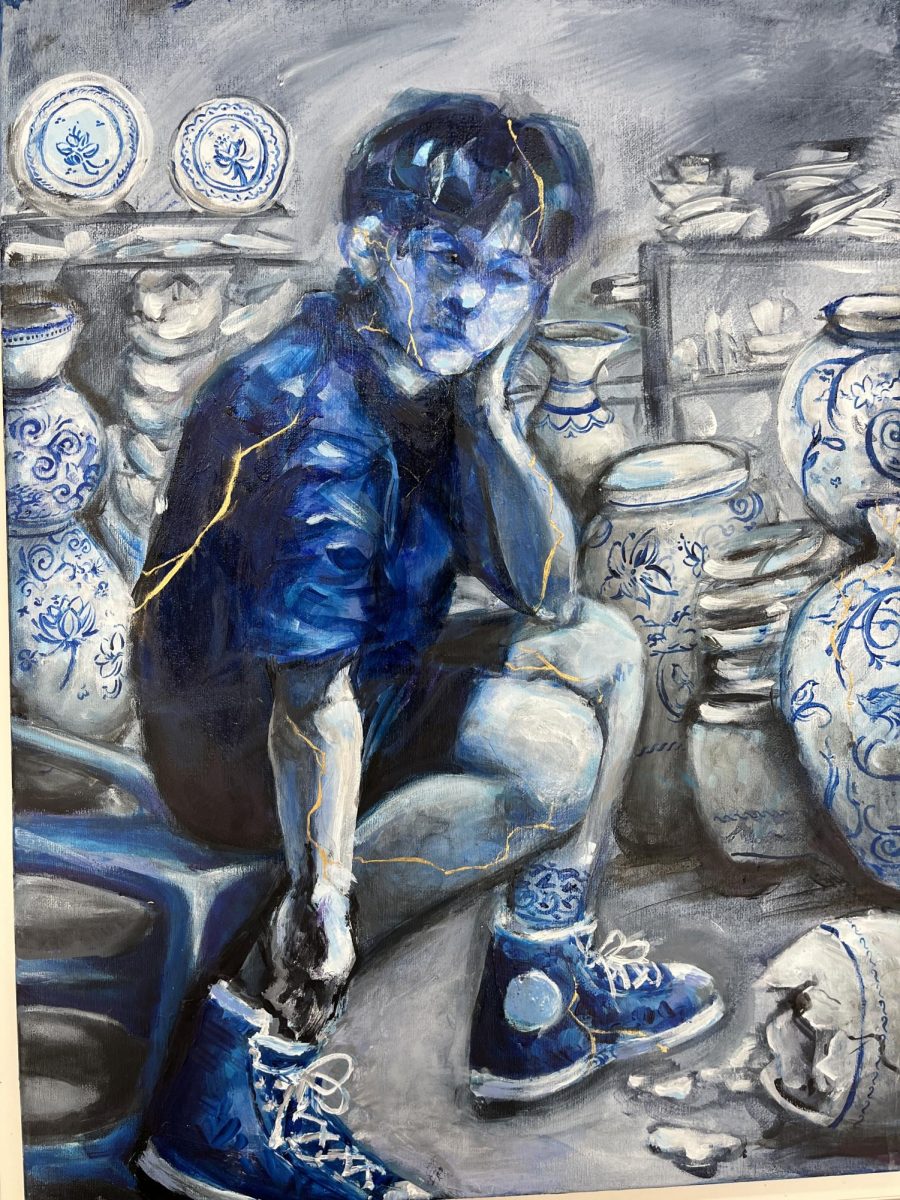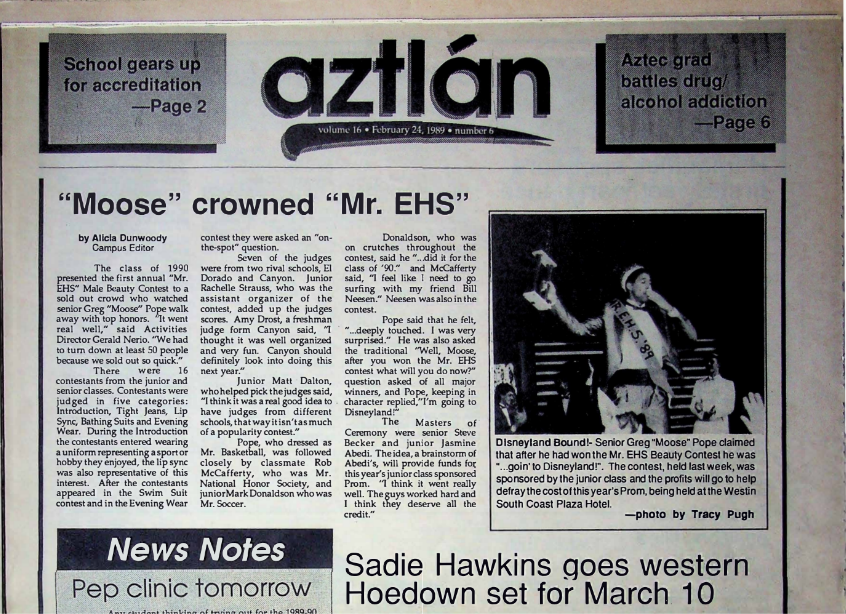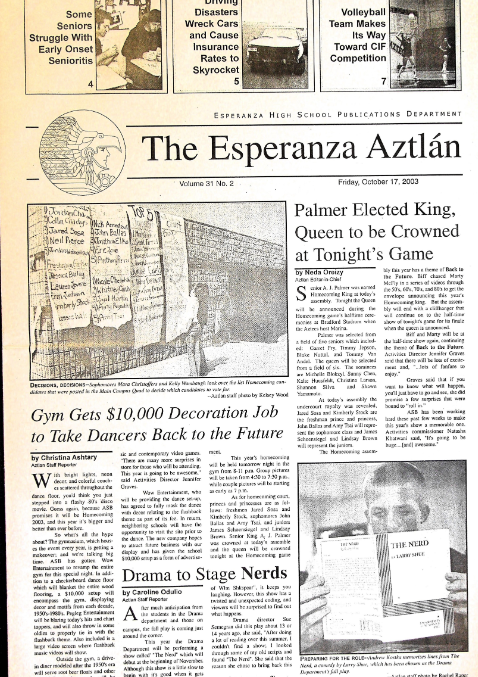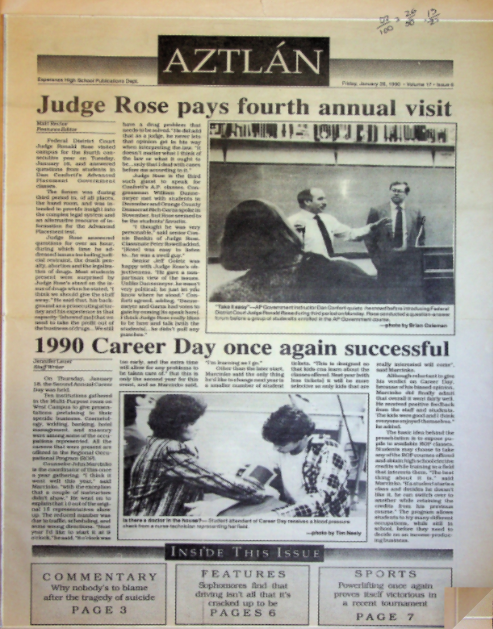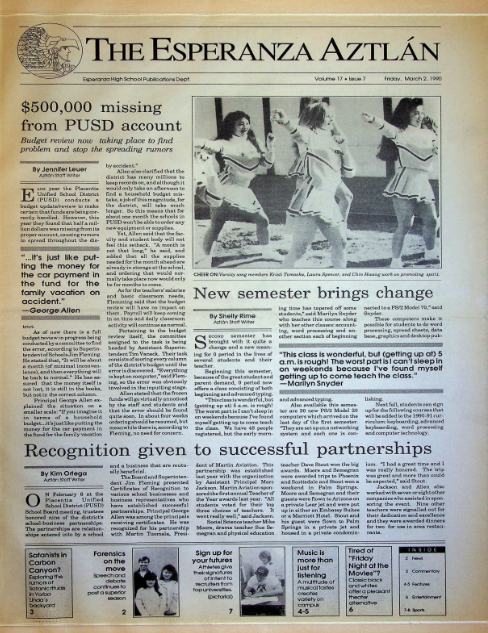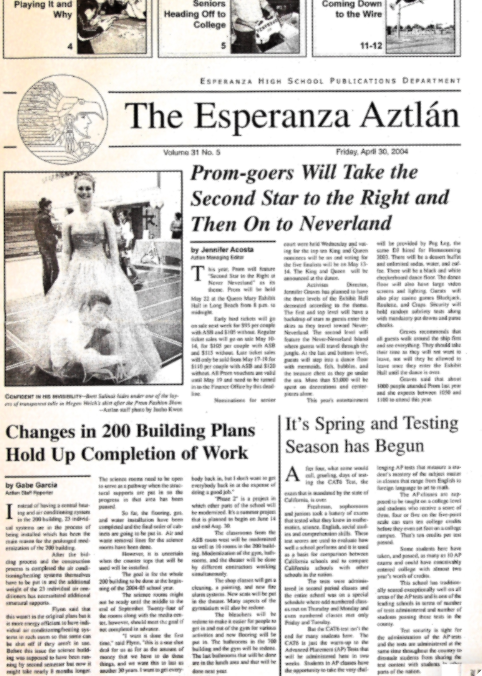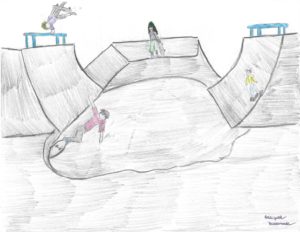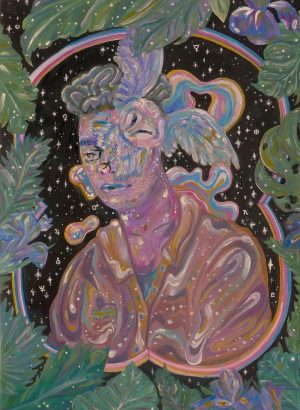Put Down That Cup of Coffee
October 22, 2018
Many high school students run on caffeine. I mean, in order to finish that project that you waited until the last minute to do, a cup of coffee is necessary, right? But this does not replace a good night’s worth of sleep, does it? However, countless students rely too heavily on caffeine. This is why coffee should be banned for teens.
South Korea banned coffee from every school because some students suffered heart palpitations after drinking coffee, and “authorities cited dizziness, increased heartbeat, sleep disorders and nervousness as other symptoms,” The Guardian said.
That’s not all. There are many other health risks that come with drinking coffee.
Now, you might be thinking that it does not matter, that it is more important to finish the homework you procrastinated on rather than getting some sleep. But, you are wrong. Europepmc.org said that caffeine in a person’s system at bedtime can mimic the symptoms of insomnia, such as trouble sleeping, irritability, daytime fatigue, depression or lack of concentration.
The American Academy of Sleep Medicine found that after restricting sleep to five hours per night, caffeine use no longer improved alertness or performance after three nights.
The American Psychology Association conducted a study in which they discovered that caffeine increased anxiety, depression and hostility.
Caffeine has also been found to be a risk factor for chronic daily headaches by Ann I. Scher, PhD in Epidemiology; Walter F. Stewart, PhD in Epidemiology, MPH (Masters in Public Health) and BS in Psychobiology; and Richard B. Lipton, M.D. and the Edwin S. Lowe Professor and Vice Chair of Neurology, Professor of Epidemiology and Population Health and Professor of Psychiatry and Behavioral Sciences at the Albert Einstein College of Medicine.
There are also symptoms of caffeine withdrawal which happens if once someone becomes addicted to it from drinking it too often. They include headaches, fatigue, anxiety, difficulty concentrating, depressed mood, irritability, tremors (feeling jittery or anxious and having shaky hands) and low energy, according to Healthline.
Caffeine has been found to be harmful, and when children are still developing, it is important for them to take care of their health. Therefore, coffee, and its many harmful effects on health, should be kept out of reach of the younger generation.










